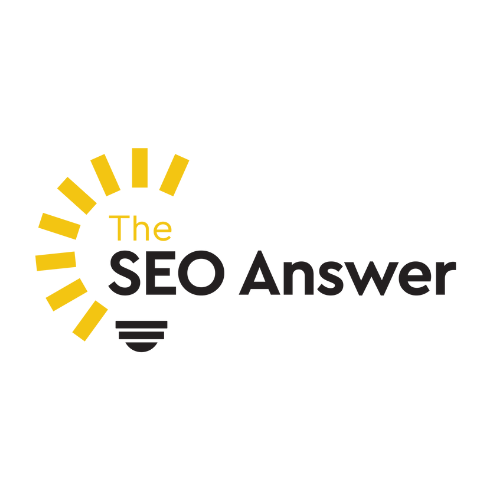SEO/SEM
What is SEO and SEM? SEO stands for “search engine optimization”. It is the phrase used to describe best practices web marketing experts utilize in order to make your website more visible on the SERPS (Search Engine Results Pages – Google, Bing, Yahoo etc.). SEM stands for “search engine management” and this phrase is used to describe what is done to maintain your ranking in the SERPs.
In general, best practices have been developed over the years collaboratively by SEO experts. These change slightly from time-to-time when the search engines release new algorithms for what metrics they deem to be more important. Below is an outline of the basic SEO/SEM strategy.
What is Your Competition Doing?
Answering this question is the first step in the process because in order to beat your competition you first need to know what they’re up to. There are many tools and sites that can be utilized for this function and a lot of companies offer some free version of their software. If you want to check on your current site or your competitor’s site check out www.ahrefs.com, www.moz.com, or www.semrush.com. These services provide information such as keywords that your national and local competitors are using as well as insights into what they may be doing to improve their digital marketing campaigns.
Once you know what your competitors are doing, you can make a marketing plan which incorporates all of the elements of a digital marketing campaign to support your business ranking. Depending on what your competitors are doing and what you can do differently, we can build a plan for you that will make your brand stand out and improve your domain authority.
What Even is Domain Authority?
Moz, ahrefs, SEM, and similar services use a compound metric that measures your website’s overall quality and SEO performance. In short, these scores represent trustworthiness and authority.
If you want your free web SEO report, reach out today and we can get you a report back in just a few hours.
How Authority Score is Calculated
Authority Score is the result of calculations that use AI to measure every domain authority based on quality, popularity, and backlink signals. The characteristics these machines are looking for are:
Page Load times and Content Issues
Critical Errors such as 404 pages and bad redirects
Site descriptions and meta data
Proper use of h1, h2 and h3 text (headers)
The number of referring domains (Link Building) pointing to the site
The authority of each referring domain
Follow vs. nofollow links pointing to the site (inbound links)
Follow vs. nofollow links pointing away from the site (outbound links)
The number of outbound links from each referring domain
The total number of backlinks pointing to the site
The number of referring IPs pointing to the site
The number of referring subnets pointing to the site
What is a Good Authority Score?
The value is measured on a scale from 0 to 100, with 100 being the highest possible score. The final score is measured in relation to the most authoritative domains. There are only a few domains on the Internet with the highest scores - 99s, 98s, etc.
Authority Score serves as an indicator of the overall quality of a domain or webpage. This means that the backlinks, referring domains, and IPs are an essential part of executing a higher quality SEO strategy.
How Does Blogging Play Into SEO?
If you have a content heavy and content rich site that people are using, you will be rewarded with rankings and higher authority. Blogging also gives you the opportunity to highlight everything in your business from warranties and quality service, to staff members and team building. When blogging is done right, your audience can easily read your content but also knows they can search on your site to find the products and content that fits their needs.
Here is the checklist of general info on best SEO practices for pages/posts:
✔ Have at least 1 outbound link on your page/post
✔ Have a few internal links in your page/post
✔ Keywords in title, towards the beginning of the title
✔ Keywords in introduction paragraph
✔ Keywords in metadata description
✔ Keywords in text headings
✔ Keywords in image name (alt description)
✔ Keywords in the URL slug
✔ Try and make more statements than passive sentences
✔ Try and keep the sentences under 20-25 words
You only need ONE focus Keyword per posting. So if the keyword is loan options, put loan options in the title, the first paragraph and one text heading.
